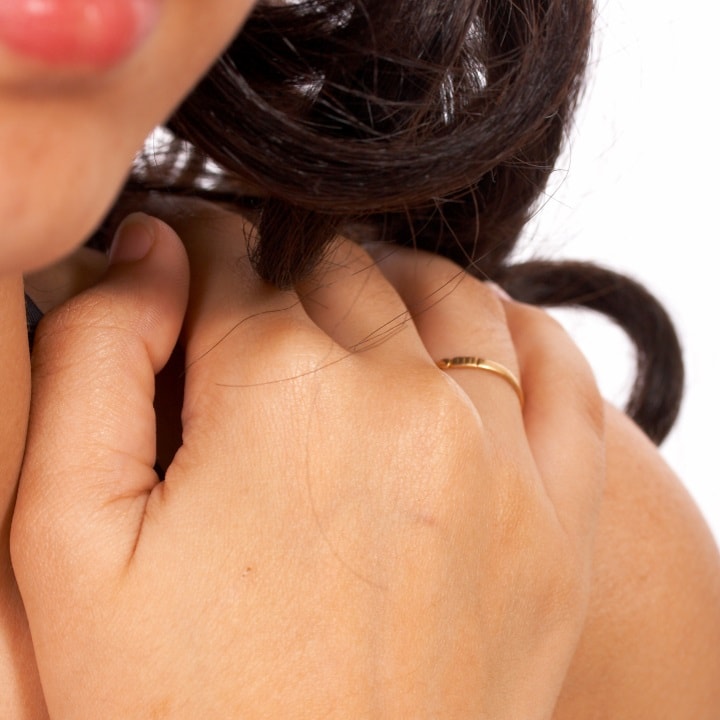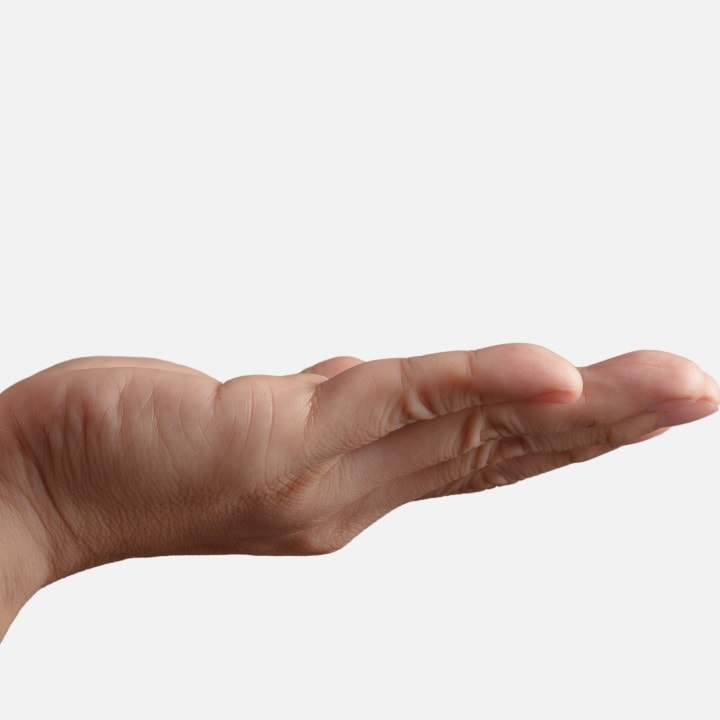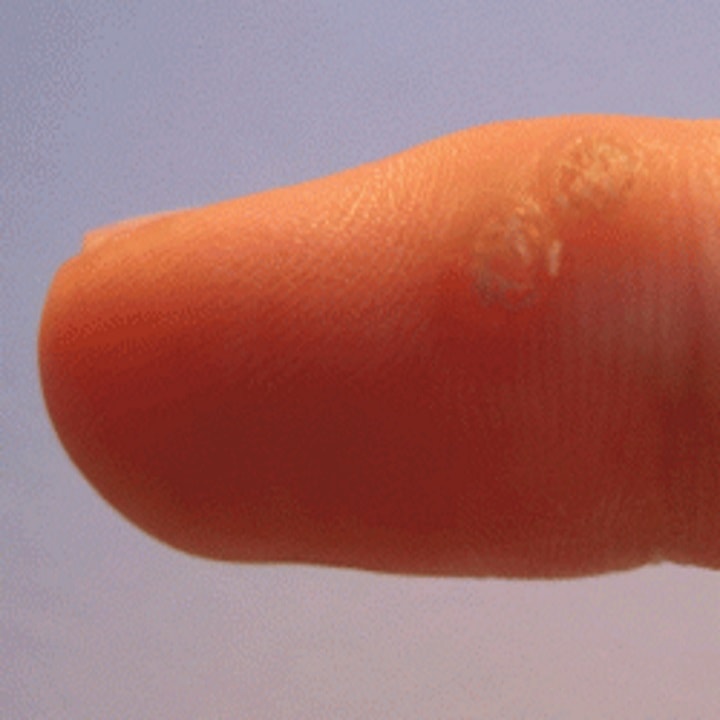Fungal Skin Infections

About Fungal Skin Infections
Fungus are microorganisms that can live anywhere. They particularly enjoy moist environments but they can live in the most varied locations in the world.
Although more than 5 million of species of fungi exist, only a few actually cause infection in the human body and some have the potential to infect the skin.
Most commonly, skin infections manifest with an itchy rash or peeling of the skin and treatment can be achieved with creams or oral medication.
Symptoms of Fungal Skin Infections
Fungal skin infections can cause different symptoms depending on which part of the body it affects.
When fungi infect the nails, either finger or toe nails, it usually causes discolouration, pitting of the nails or even deformities. Occasionally the skin around the nails can become cracked and a secondary bacterial infection develop on top of the fungal infection. The nails also become thicker and in more severe cases the nail might even fall off.
Fungi very often infects the skin of different parts of the body. Here different fungi will cause different symptoms. Nevertheless, most skin infections will have some common symptoms, such as a rash, dry skin, peeling skin and a sense of itchiness. These symptoms might develop over a few days or even a few weeks depending which species is causing the infection.
When a fungal microorganism infects the scalp it can cause redness, dandruff and itchy scalp.
Very common locations to become infected are the feet, between the toes (Athlete's foot). Another common area to be infected is the skin of the groins or the back.
Most commonly fungi can affect anyone. There is no particular age or gender that they tend to prefer.
As fungi are a microorganism, they can be contagious and transmission happens people to people or from objects to people (fomites).
They can be more commonly found in moist areas such as swimming pools, gyms, beaches and other areas.
Occasionally, when you get in contact with the fungus, they , might penetrate small cracks in the skin and therefore cause infection.
In order to prevent infections you should try to use footwear when using gyms and public or shared shower room or communal areas of swimming pools. You should always aim to dry your feet well after your shower, particularly in between your toes. So footwear anti-fungal powder can be used to reduce the risk for infection.
Occasionally, fungal infections do not need treatment as our body's immunity controls the disease and kills the infection.
Nevertheless most times, the infection remains and progresses if not treated.
Most commonly, superficial mild skin infection such as ringworm, scalp infection, pityriasis versicolor or Athlete's foot can be treated with topical creams or shampoos. Treatment should be done daily at least twice daily for 2-4 weeks when using a cream.
Most nail infections require longer and different treatments, such as a medicated nail lacquer or oral tablets and length of treatment can be as long as 9 months.

Start feeling better now
Our doctors are available now to help you with fungal skin infections or any other medical condition which you would normally see your GP about. Book an appointment now and start feeling better right away.

















